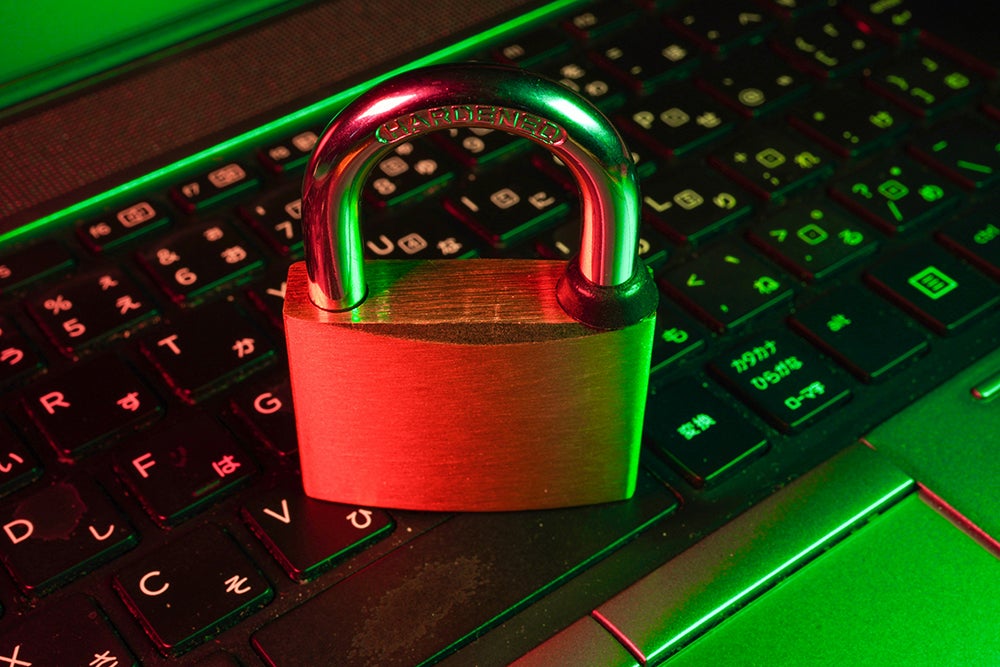
Passwords alone are no longer enough. A stolen password—through phishing, data breaches, or malware—can let cybercriminals access your accounts. Multi-factor authentication (MFA) adds a powerful extra layer of defense.
With MFA, you need:
- Something you know: your password
- Plus something you have: a temporary code, app approval, or security key
Even if your password is compromised, attackers can’t log in without that second factor.
Why MFA Matters
- Protects your UCLA accounts (Logon, Bruin Learn, MyUCLA, email) from unauthorized access
- Shields personal accounts such as banking, email, and social media
- Helps keep your identity, grades, and financial aid safe
Best Practices
- Use an authenticator app (Duo, Microsoft Authenticator, Google Authenticator) for stronger protection than text messages.
- Enable MFA everywhere it’s offered, not just UCLA accounts.
- Keep your recovery options (backup codes, alternate device) up to date.
A few extra seconds at login could save you weeks of stress if your account is hacked.

